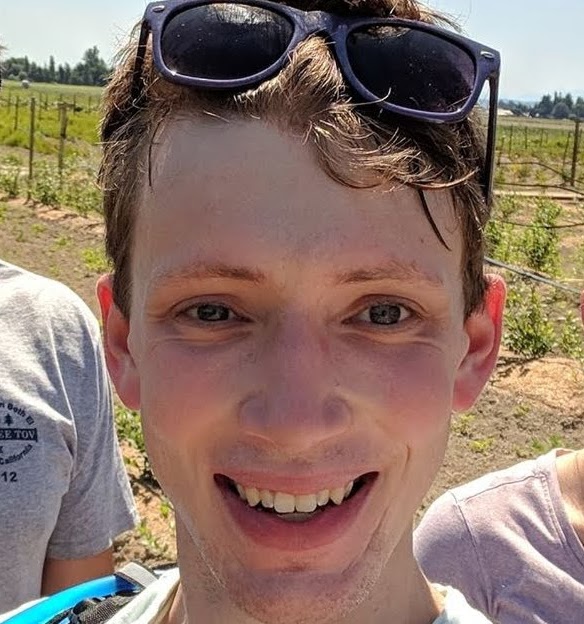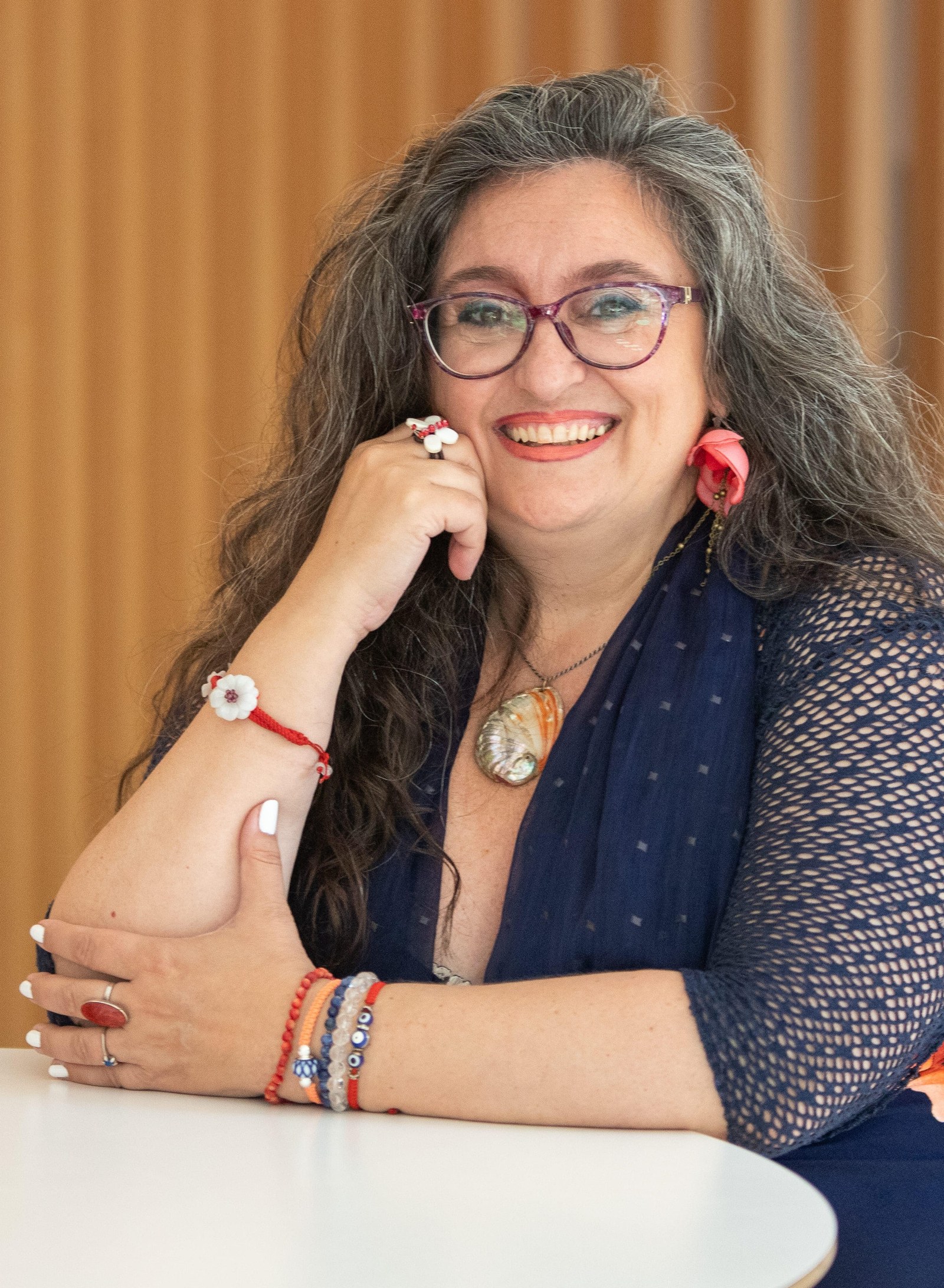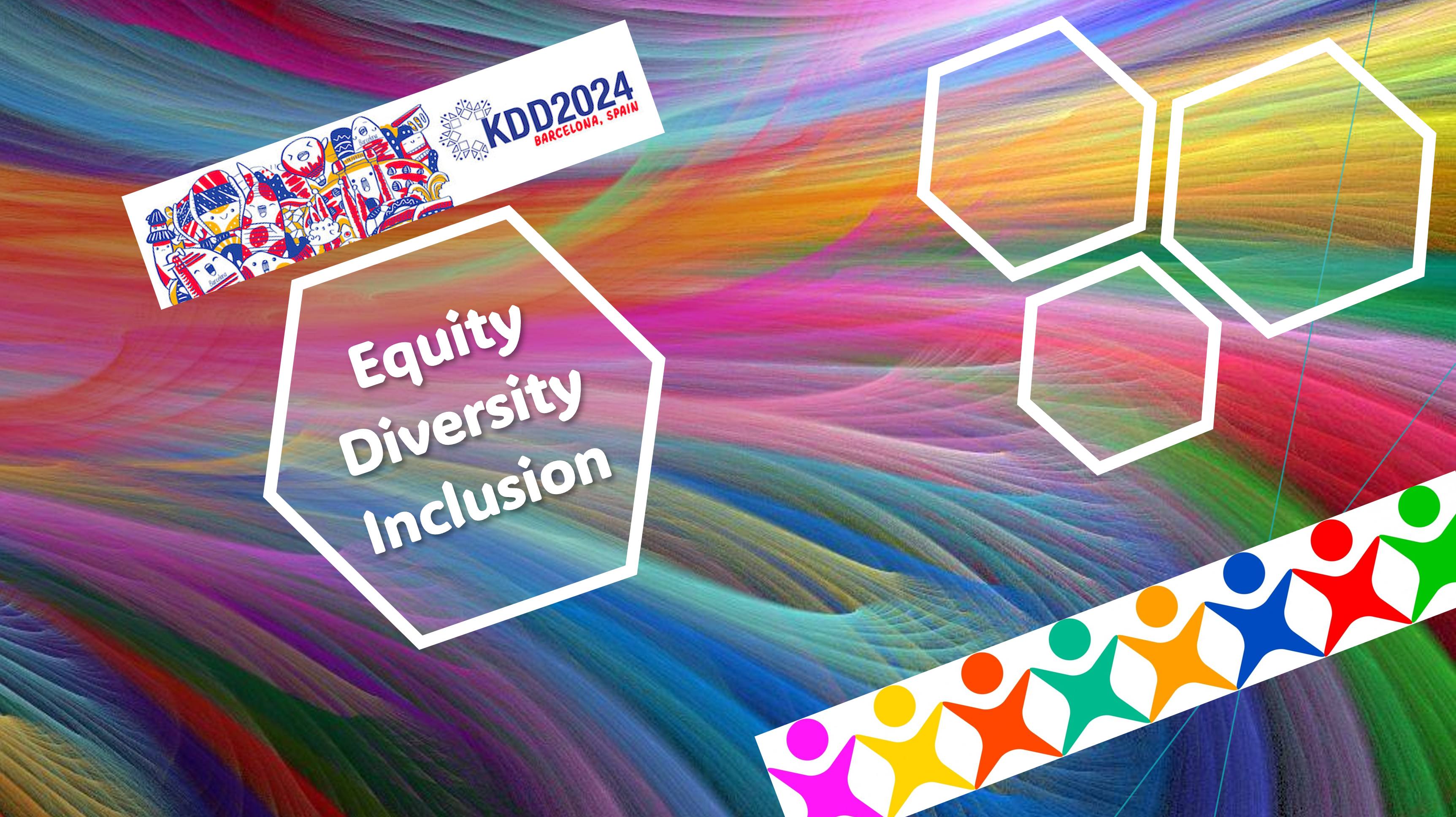Keynote speakers

Pronouns: He/They
Bio: Dr. William Agnew is a CBI postdoc fellow at CMU. William received his Ph.D. from University of Washington with Sidd Srinivasa, where he worked on AI ethics, critical AI, and robotics. William also helped found Queer in AI. William is interested in developing and sharing tools and ideas that go beyond participatory design and allow marginalized individuals and communities to own and meaningfully control their data and models derived from that data. Building on ideas from usable security/privacy, usage licenses, and indigenous data sovereignty, William wants to contribute to data and AI futures where individuals and communities know where their data is and can remove, add, or change their data in different datasets.
Title: Mobilizing the Queer Community in AI Policy
Abstract: Effective regulation of AI is vital for ensuring AI advances our goals of equity, diversity, inclusion, and justice. Legislative and regulatory bodies across the world are currently deciding how to regulate AI, and how to operationalize those regulations. However, marginalized communities often lack political power and networks to ensure their perspectives are heard when creating regulations. In this talk, I provide some background on current efforts to regulate AI and how they consider (or fail to consider) EDI. I then discuss Queer in AI’s policy engagement strategy, showing how we have educated and mobilized our community to grow our impact and highlighting specific challenges marginalized communities face when doing policy work. Finally, I discuss Queer in AI’s specific policy engagements and positions, and how they may lead to more just AI.

Pronouns: She/Her
Bio: PhD. Karina Gibert [♀] google H-index: 32 Twitter @karinagibertk, karina.gibert@upc.edu, https://www.eio.upc.edu/en/homepages/karina, Full Professor at the Universitat Politècnica de Catalunya-BarcelonaTech. Bachelor and PhD in Informatics Engineering with specialities in Computational Statistics and Artificial Intelligence. Director and cofounder of the research center Intelligent Data Science and Artificial Intelligence (IDEAI). Dean of the Official Professional College of Informatics Engineering of Catalonia (COEINF). Vicepresident of the Spanish General Council of Professional Colleges of Informatics Engineering (2023-). Expert and co-writer of the Catalan Strategy for AI, Catalonia.ai. Member of the Committee for the Ethics of Data from Catalan Government (2021-). Member of the Board of Directors of the Program in Health and AI of Catalan Government (2023-). Advisory Board of EIT-Artificial Intelligence (2023-). Expert from the Senate and Advisor of SEDIA in ethics in AI and digital transformation. Advisor of WHO in characterizing mental health systems (2008-2010). Avisor of EC in ethics in AI (2919-2020). Very active in bridging the gender gap in the STEAM sector she founded up to 5 gender working groups (donesCOEINF, donesIAcat, donesIDEAI, Mujeres en ingeniería informática, EDI-iEmss). WiDS (Stanford) ambassador for Barcelona (2021-). Vicepresident of Barcelona Chapter of Women in ACM (2022-). Editor of JRC journal Environmental Modeling and Software, Elsevier, (Jan 2018-). Elected Fellow iEMSs 2007. Her main research interests are to extract strategic knowledge from data and intelligent systems from an ethics and explainable perspective. Principal researcher of projects like Diet4You , INSESS-COVID19 Top Rosies Talent or ciutadanIA. PI at UPC of the postdoctoral COFUND program Ramon Llull (2023-). Essential characteristics of her research are the multidisciplinarity, the externalization, the internationalization, technology transfer and social use of technology.
AWARDS: National Informatics Engineering Award 2022. Ada Byron Award 2022, donaTIC 2018 Award, WomenTech 2023 award, honorific Mention of Creu Casas Award 2021 and 2022 First HackingBullipedia contest Award (nov 2013).
Title: AI and gender issues
Abstract: The development of AI is representing one of the main pillars of the Digital Transformation processes and the construction of a new Digital Society paradigm. For this reason the role of AI in the future society and, even more, in the construction of the new socioeconomic paradigm is very critical. The talk analyses the implications of AI development and deployment in gender from different perspectives. How is AI contributing to a more gender-balanced society? How is AI performing with regards to gender biases? How is AI impacting in parity, equity and equality in other sectors? How can scientists contribute to a well gender-balanced AI? Which are the ethical and legal frameworks for AI regarding gender? these are some of the questions that will be addressed in the talk

Pronouns: He/Him/His
Bio: Moreno La Quatra is a Research Fellow at the Speech Technologies and Machine Learning Lab at Kore University of Enna (Italy). Moreno's research focuses on deep learning, audio processing, and natural language processing, with a particular emphasis on inclusive communication. He has significantly contributed to the E-MIMIC project, which aims at detecting and correcting non-inclusive language usage in text across multiple languages. His work emphasizes the importance of language as a tool for inclusivity and social change. Moreno is committed to developing NLP and AI methodologies that promote respectful and inclusive communication, ensuring that language use reflects and respects diversity in all its forms.
Title: Promoting Inclusivity through Natural Language Processing
Abstract: Language has the power to promote inclusivity and respect, but it can also reinforce bias and discrimination, reflecting the inequalities of our world. Building a fairer society requires addressing these issues head-on. While modern AI models often exhibit intrinsic biases, researchers worldwide are working to resolve these problems. This talk takes a different perspective by exploring how deep learning and natural language processing (NLP) approaches can be used as a tool to identify non-inclusive language and suggest more inclusive alternatives. The talk will also introduce the Inclusively tool, which provides interfaces to AI models that can be used to proofread text for inclusivity. Designed for both general users and experts, it encourages feedback and continuous improvement through a human-in-the-loop approach.

Pronouns: She/Her
Bio: Sophie Mulot is a Senior Diversity, Equity and Inclusion Leader at Amazon. With over 15 years of HR, Talent, and DEI experience, she supports organizations in making their culture a competitive advantage. Her mission is to empower people and teams to achieve their full potential and to contribute to organizational success. She believes that Inclusion is a powerful force when it’s built into products and services from the start and that it enables to serve customers better.
Title: Inclusive eXperiences in the workplace
Abstract: Sophie will guide you through a journey of inclusive experiences in the workplace, from interviewing for a role, to feeling included in meetings and to finding your community.
